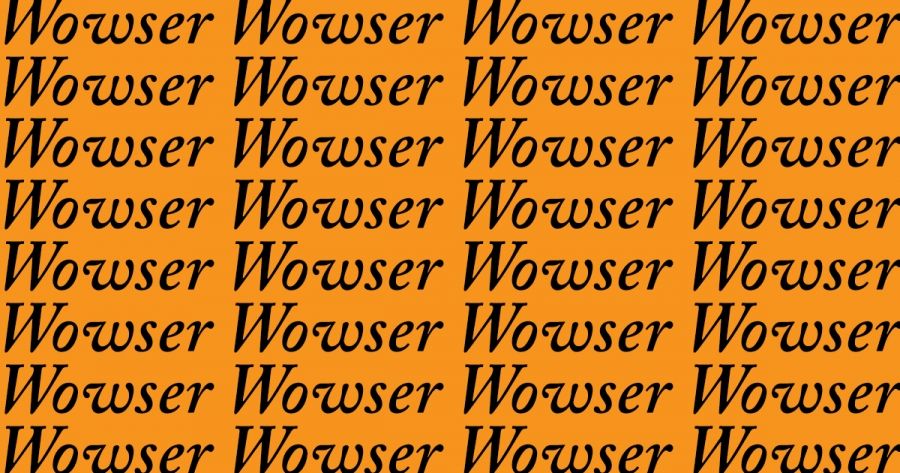
- Free Article: No
- Contents Category: Language
- Custom Article Title: Whither wowser?
- Review Article: No
- Custom Highlight Text:
Lexicographers, especially historical ones, are always interested in the way words fall in and out of fashion. But while we spend a lot of time tracing the first usage of a word and trying to figure out its origins, we pay much less attention to when or why a word falls out of common usage.
- Grid Image (300px * 250px):

I have become intrigued with this question of where words go and why they stop being used. Some are on a slow decline, and this seems to be the case with wowser, a word I was doing some work on recently. Bruce Moore, in his book What’s Their Story? A history of Australian words (2010), describes wowser as a ‘core word’ of Australian English. Much of his discussion in the book is concerned with the origin of wowser. And it’s a great story: the word was most likely coined by John Norton, editor of the notorious Sydney newspaper Truth.
Norton himself claimed to have come up with wowser, and the first evidence we have been able to find confirms this. (It’s a common phenomenon for someone to claim to have invented a word, but only a few have the evidence to prove their case.) The earliest usage found so far is in Norton’s newspaper, in the headline from 8 October 1899: ‘Willoughby “Wowsers” Worried’. Norton later wrote that he first used wowser at a Sydney City Council meeting when he referred to Alderman Waterhouse as ‘the white, weary, watery, word-wasting wowser from Waverley’. As Moore points out (and as is obvious), Norton was fond of alliteration. Certainly, the word appears many times in Truth, and there seems to be no reason to disbelieve Norton’s claim. There is a popular story that wowser is an acronym for a temperance slogan, We Only Want Social Evils Righted, but there is no contemporary evidence to support this theory.
Wowser quickly came into common usage in Australia. In the 1890s and early twentieth century, those called wowsers were often the temperance campaigners who disapproved of drinking alcohol, but later included those who would frown on anyone having too good a time. Australians continued to use the word for anyone seen to be somewhat puritanical. It inspired all sorts of lexical creativity, with wowserdom, wowserish, wowserism, wowseristic, wowserland, wowsey, and wowsery all being recorded in The Australian National Dictionary. The feminine forms wowserine, wowserette, and wowseress also enjoyed brief popularity through the first two decades of the twentieth century.
So it perhaps seems curious that wowser might now be on its way out. It certainly hasn’t yet passed out of common usage, but it does appear to be on a downward trajectory, when looking at the frequency of mentions in the media and examining corpus evidence. One possibility for this decline is that we are now more ambivalent about the kinds of things that were once defended against the puritan wowser: drinking excessively and gambling, for example. Equally, we are unlikely to have large sections of the population concerned with other behaviours that were once frowned upon by wowsers, like swearing or staying out late.
But let’s not count wowser out just yet. There is a slight trend in current usage that suggests a way wowser might go in the future. And this is found in attacks against what is referred to on the right of politics as ‘political correctness’. Protesters, feminists, and environmentalists have all been accused of being wowsers in recent times. Using wowser aims to call on a century and more of Australian history to argue that complaining about certain things is just plain un-Australian. Wowser has always been used to condemn those who are seen to be stopping us doing what we feel we should be able to do and enjoy doing. But let’s hope we are not seeing a trend that equates wowser with politically correct as a weapon wielded by the right.
The last word on wowser, for the time being, must go to C.J. Dennis for providing the most memorable definition of the word. In his Backblock Ballads and Other Verses, published in 1913, he defines wowser thus: ‘an ineffably pious person who mistakes this world for a penitentiary and himself for a warder’.



Comments powered by CComment